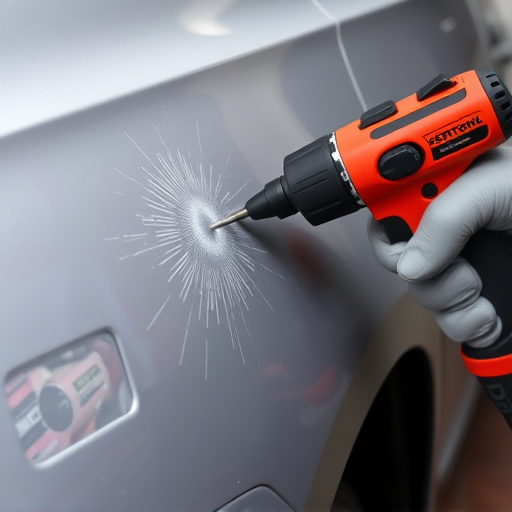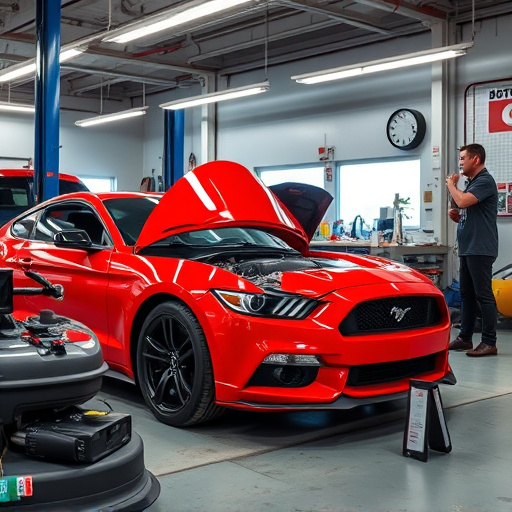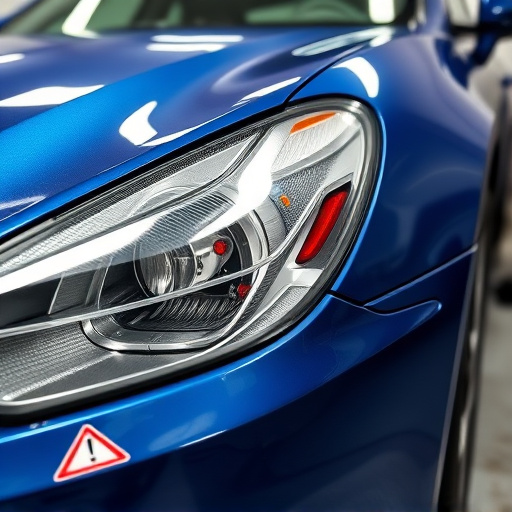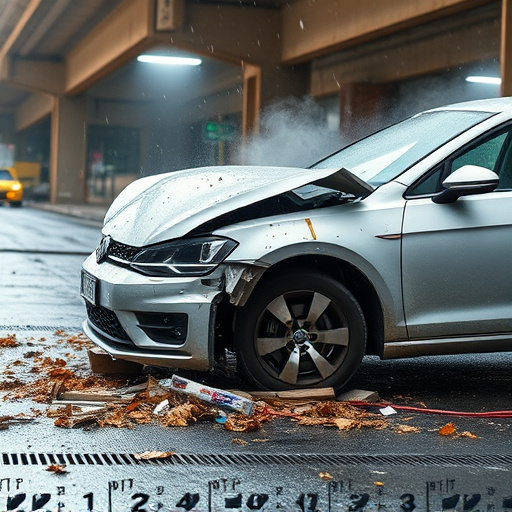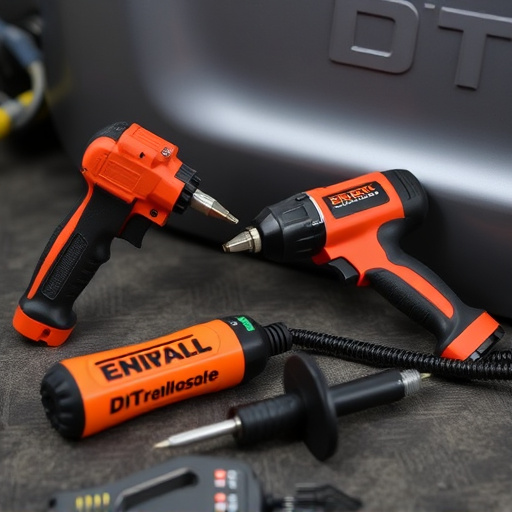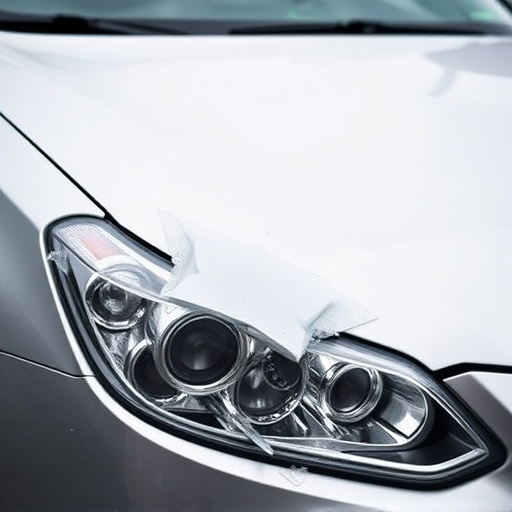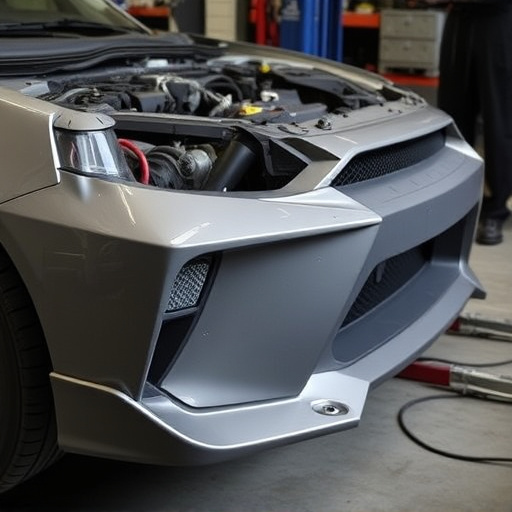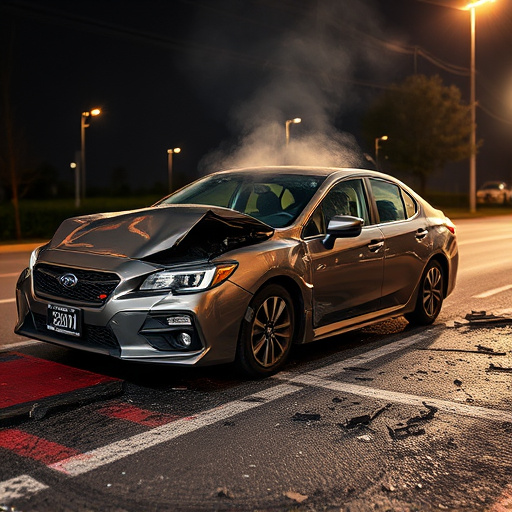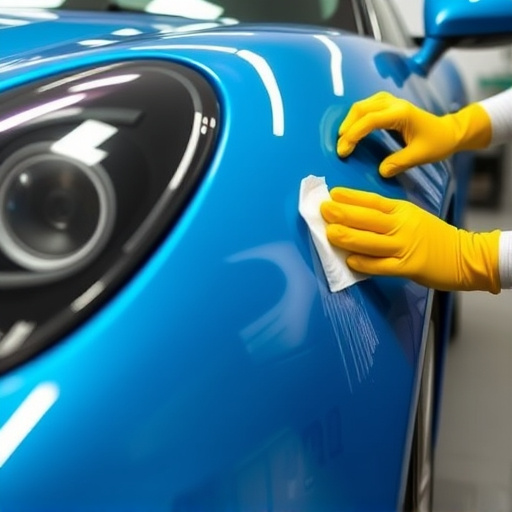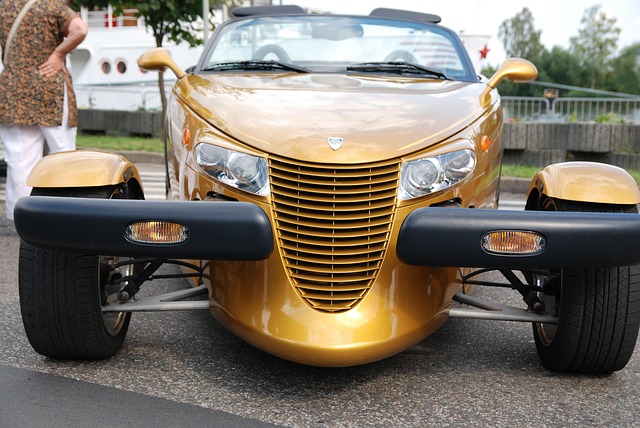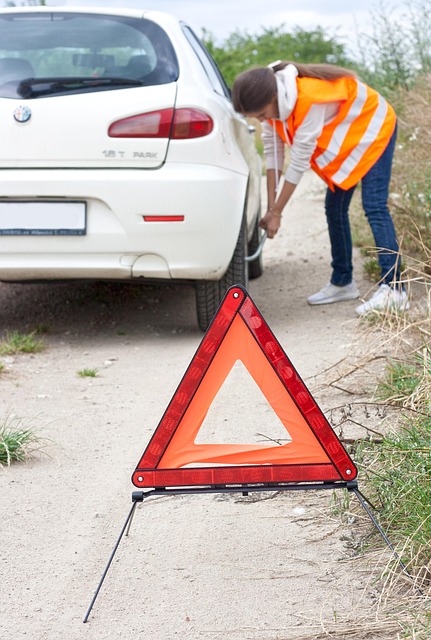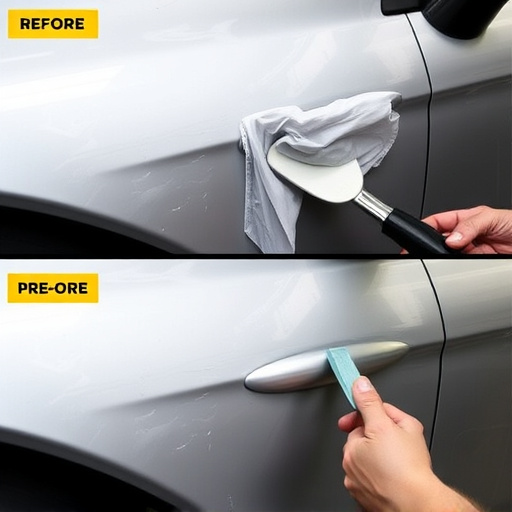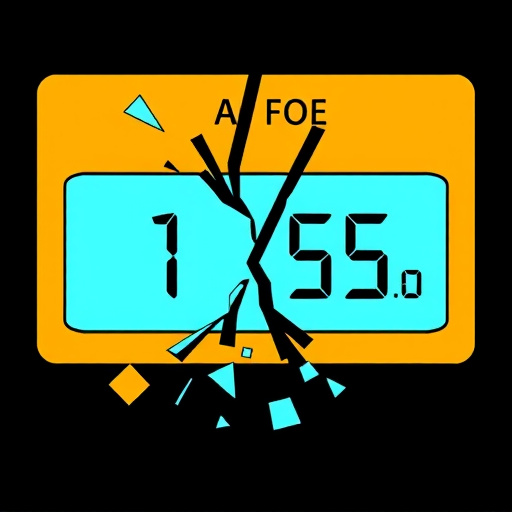Structural adhesive systems, including epoxy, polyurethane, and cyanoacrylate (super glue), cater to diverse automotive repair needs. Epoxy excels in high-strength bonds, polyurethane offers versatility for sealing complex structures, while cyanoacrylate provides instant bonding for quick fixes. Choosing the right system requires understanding material compatibility, environmental factors, substrate types, and working window for reliable bonding during car restoration, enhancing durability, strength, and vehicle performance through efficient dent repair and improved corrosion resistance.
Choosing the right structural adhesive system is crucial for ensuring the longevity and safety of your vehicle. This comprehensive guide delves into the world of adhesives, helping you navigate the diverse options available. We explore different types, from epoxy to polyurethane, and unravel key factors like bonding strength, compatibility, and environmental impact. By understanding these aspects, you’ll be equipped to make informed decisions for your car’s restoration or repair, reaping benefits that range from enhanced structural integrity to superior durability.
- Understanding Different Types of Structural Adhesives
- Factors to Consider When Choosing an Adhesive System
- Application and Benefits for Your Car's Restoration or Repair
Understanding Different Types of Structural Adhesives
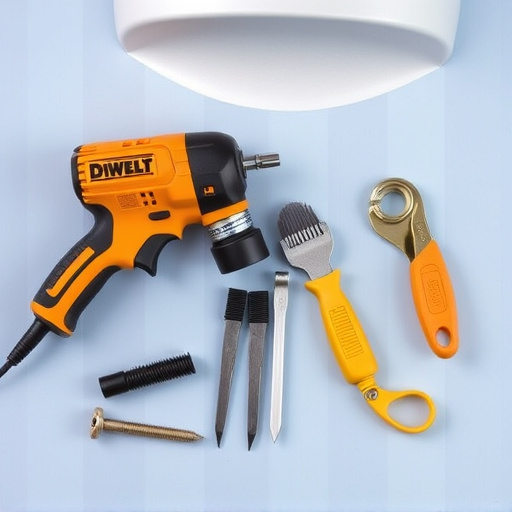
Structural adhesives are a crucial component in modern automotive manufacturing and repair, offering precise bonding for various components. There are primarily three types to consider when looking at structural adhesive systems: epoxy, polyurethane, and cyanoacrylate (super glue). Each has unique properties making it suitable for different applications. For instance, epoxies provide superior strength and resistance to extreme temperatures, ideal for car body repairs that demand a robust bond, like panel replacement or Mercedes-Benz repair processes.
Polyurethanes, on the other hand, offer excellent flexibility and adhesion on diverse surfaces, making them versatile for sealing and bonding in complex automotive structures. This makes them a preferred choice for tasks such as water-tight sealing in car scratch repairs. Cyanoacrylate adhesives provide instant bonding but may not be suitable for high-stress areas due to their lower structural integrity, though they’re handy for quick repairs like securing loose trim or plastic components in both car body repair and general automotive maintenance.
Factors to Consider When Choosing an Adhesive System
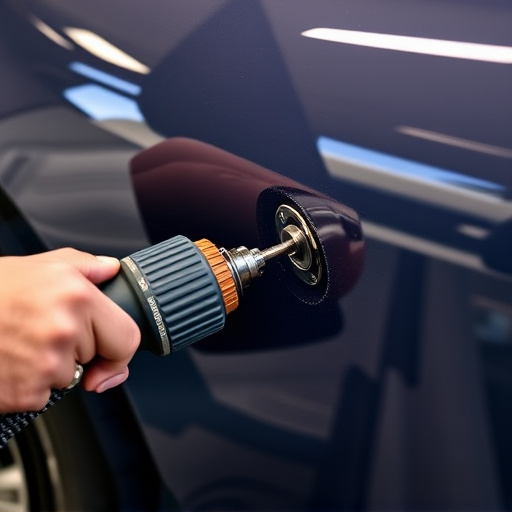
When selecting a structural adhesive system for your car—whether it’s for a complex body restoration or simple fender bender repairs—several key factors come into play. First, consider the type of material you’re bonding. Different adhesives are formulated for specific substrates like metal, plastic, or composite materials. A versatile adhesive that can handle multiple surfaces is ideal for car body repair projects where various components might be involved.
Second, the environmental conditions during application and curing must be taken into account. Extreme temperatures, humidity, or sunlight exposure can affect adhesion and cure time. Choosing an adhesive with a suitable working window aligns with common weather patterns, ensuring reliable bonding during your vehicle’s restoration or repair process.
Application and Benefits for Your Car's Restoration or Repair
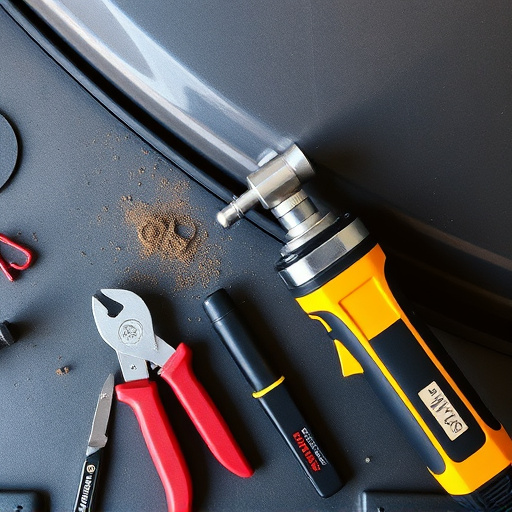
When restoring or repairing your car, selecting the appropriate structural adhesive systems can significantly enhance the outcome and durability of the repairs. These advanced adhesives play a pivotal role in ensuring the strength and integrity of various components, from closing gaps in auto glass repair to reinforcing structural joints during automotive body work. The application process involves careful preparation of surfaces, mixing and applying the adhesive according to manufacturer guidelines, and curing it under specific conditions for maximum bond strength.
Benefits of using structural adhesive systems include increased structural stability, reduced weight, and improved overall vehicle performance. In vehicle dent repair, for instance, these adhesives can efficiently fill and seal deformities, restoring the car’s original shape and structural soundness. By effectively managing crack propagation and enhancing corrosion resistance, the right adhesive system contributes to longer-lasting repairs, ensuring your vehicle retains its safety and aesthetic appeal throughout its lifespan.
When selecting a structural adhesive system for your car’s restoration or repair, understanding the diverse types available and considering key factors ensures optimal results. By evaluating material compatibility, environmental conditions, and desired bond strength, you can choose the perfect adhesive that meets your specific needs. Incorporating these advanced systems offers enhanced structural integrity, improved durability, and streamlined application, revolutionizing the way we approach car repairs and restorations.
